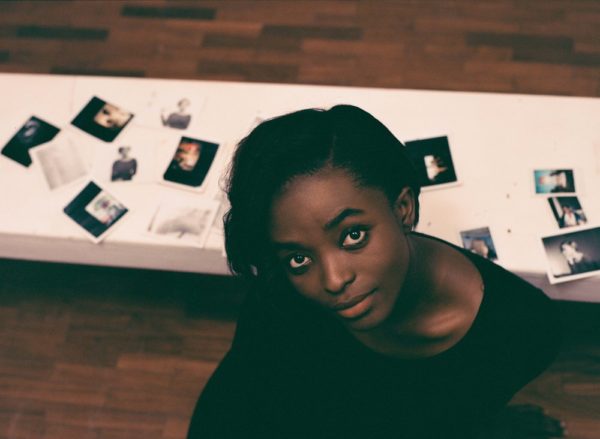
The 2017 Miles Morland Writing Scholarships have been awarded to five writers, four for fiction and one for nonfiction. While the scholarships are usually awarded to four writers—three for fiction, one for nonfiction—“the standard was so high and the competition so fierce that the judges couldn’t decide on the best four so we agreed to award five Scholarships this year.” The fiction scholarships went to Nigeria’s two-time Caine Prize and one-time NLNG Prize finalist Elnathan John; Nigeria’s Farafina Workshop alumna Eloghosa Osunde; South Africa’s 2015 Caine Prize finalist Fatima Kola; and Zimbabwe’s Bryony Rheam, who was also shortlisted in 2016. The nonfiction scholarship went to Eritrea’s Alemseged Tesfai, who, at 73, is the award’s oldest recipient.
The Miles Morland Writing Scholarships, an initiative of the Miles Morland Foundation, offer a fiction scholarship of £18,000 to two, three or four writers over the course of twelve months and a nonfiction scholarship of £27,000 to a single writer over the course of eighteen months. The funds are “paid…to allow them to take time off to write the book they have proposed.” This year, though, the nonfiction winner Tesfai will receive “£22,500 to be paid over fifteen months to allow him three extra months for research.”
Of the twenty-one names on the 2017 shortlist, chosen from a record 550 entries, six are South African, four are Nigerian and another four Kenyan, two are Cameroonian, and there is one each from Eritrea, Zimbabwe, Ghana, Gambia and Botswana.
Here are the founder Miles Morland’s comments on the winners:
“First I want to congratulate my fellow 73 year-old, Alemseged Tesfai. Septuagenarians rock. What a talented short-list we had this year. Any one of the 21 people on it is capable of writing a terrific book and many of them will. Meanwhile the five books our new Scholars will write are wonderfully diverse. I personally am awed and humbled by the quality of the people the Scholarship is now attracting.”
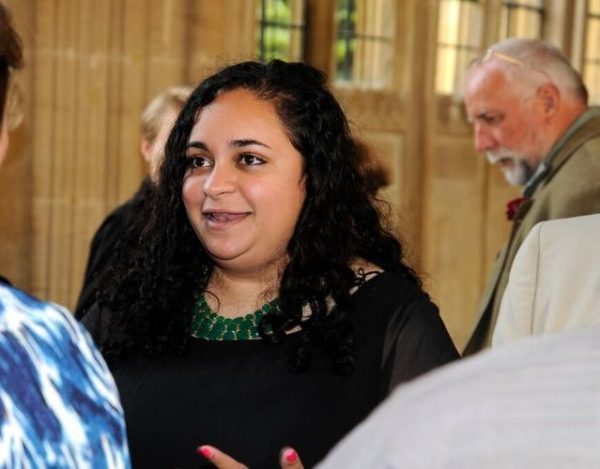
The Judges for this year were Ellah Wakatama Allfrey, who is the chair, who is Zimbabwean; Olufemi Terry, who is Sierra Leonean; and Muthoni Garland, who is Kenyan. Here are Ellah Allfrey’s comments on their choices:
“In this 5th year of the Morland Writing Scholarships it was hugely gratifying to see such an upswing in the number of submissions. We considered a 21 person shortlist with applicants from nine African countries. We were delighted by the range in choice of subject and approach and deeply impressed by the writing skill and ambition this shortlist represented.
We focused on the potential each application promised. Faced with excellence on all fronts, we found ourselves focused on several key questions. Is this a book that will achieve publication and find readers across the continent and beyond? Does the subject matter feel urgent and necessary? Has the author found the best form for the telling of this story? Does the submission show innovation and ambition?
Our five scholars fit all of these criteria. ALEMSEGED TESFAI of Eritrea will write a single volume of the history of Eritrea – challenging conventional scholarship on the subject and drawing from rich personal experience. FATIMA KOLA of South Africa will work on a fantasy novel in which her dual African and Asian cultural inheritance is the inspiration for world-building and the exploration of universal themes of friendship, love and the imperfection of moral choice. Nigerian ELNATHAN JOHN’s proposed historical novel is set in the Sokoto Caliphate – a challenging story in which the past is used to explore urgent contemporary themes of identity, sexuality, faith and tolerance. ELOGHOSA OSUNDE, also of Nigeria, will write a novel about two school friends – each harbouring a secret that could destroy their lives – who decide to join forces and create a home together in the face of a hostile society. Zimbabwean BRYONY RHEAM promises an historical crime fiction featuring Ingutsheni, a psychiatric hospital in Bulawayo, in which she explores the treatment of those suffering mental illness and the complex dynamics of power, colonial society and migration.
This is an exhilarating list that bears witness to a wide range of thematic concerns and one that illustrates the ambition and promise of several generations of writers. We wish the scholars a busy and productive year.”
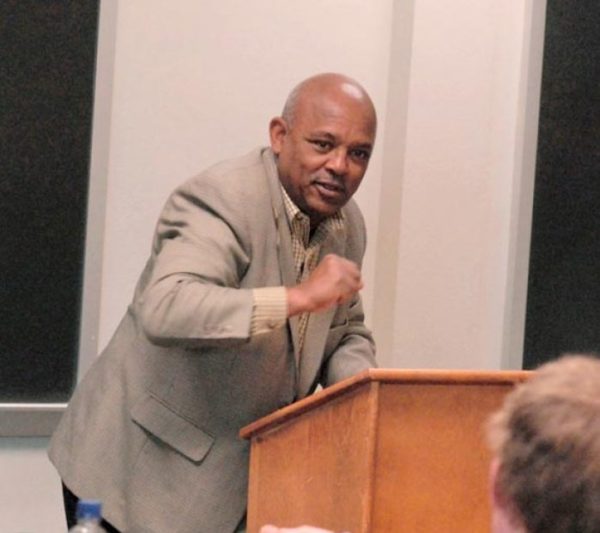
Brittle Paper is excited that two writers we’ve published are among the winners: Eloghosa Osunde and Fatima Kola. Special congratulations to them. They join the fine company of Brittle Paper-published writers who have scooped major awards in 2017: Romeo Oriogun who won the Brunel Prize; Jowhor Ile who won the Etisalat Prize; Arinze Ifeakandu who was shortlisted for the Caine Prize; Akwaeke Emezi who won the Commonwealth Short Story Prize for Africa Region; and Kelechi Njoku who was shortlisted for the Commonwealth Short Story Prize for Africa Region. Add them to the five Brittle Paper-published writers who were also on the Miles Morland shortlist this year: Megan Ross, whose “Farang” won the Brittle Paper Award for Fiction; Nana Nkweti, whose prose-poem “Schoolyard Cannibal” was shortlisted for the Brittle Paper Anniversary Award; Kiprop Kimutai who has contributed to one of our features; Ukamaka Olisakwe whose work we’ve published; and Umar Turaki, who was part of the Work Naija: The Book of Vocations anthology which we published.
Previous winners of the Miles Morland Scholarships are: Tony Mochama, Doreen Baingana and Percy Zvomuya in 2013; Yewande Omotoso, Simone Hayson, Ndinda Kioko and Ahmed Khalifa in 2014; Akwaeke Emezi, Bolaji Ofin and Fatin Abbas in 2015; and Abdul Adan, Lidudumalingani Mqobothi, Ayesha Haruna Attah and Nneoma Ike-Njoku in 2016.
Congratulations to Eloghosa Osunde, Fatima Kola, Elnathan John, Bryony Rheam and Alemseged Tesfai.
See the full announcement HERE.




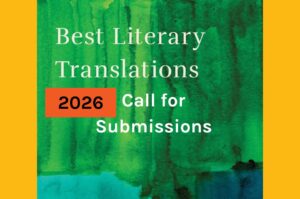
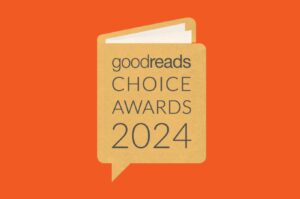
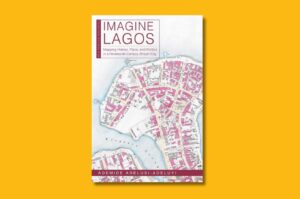
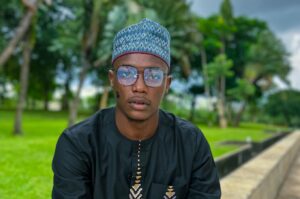

COMMENTS -
Reader Interactions